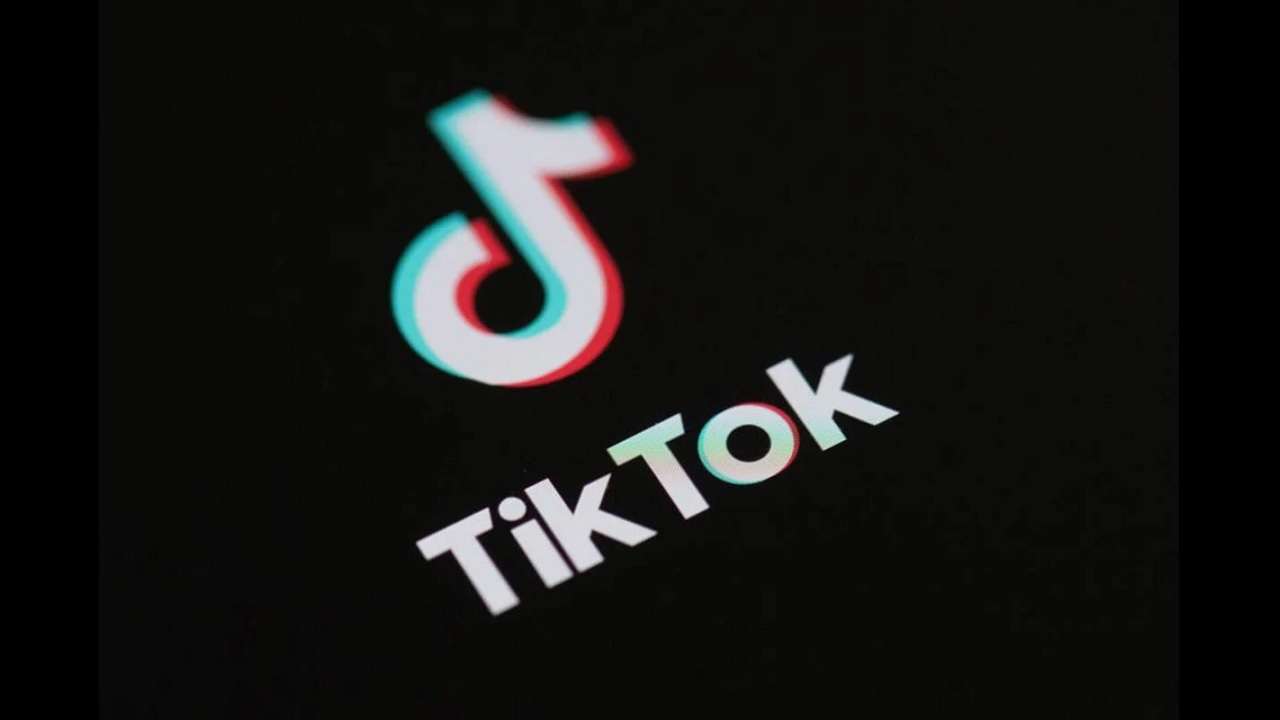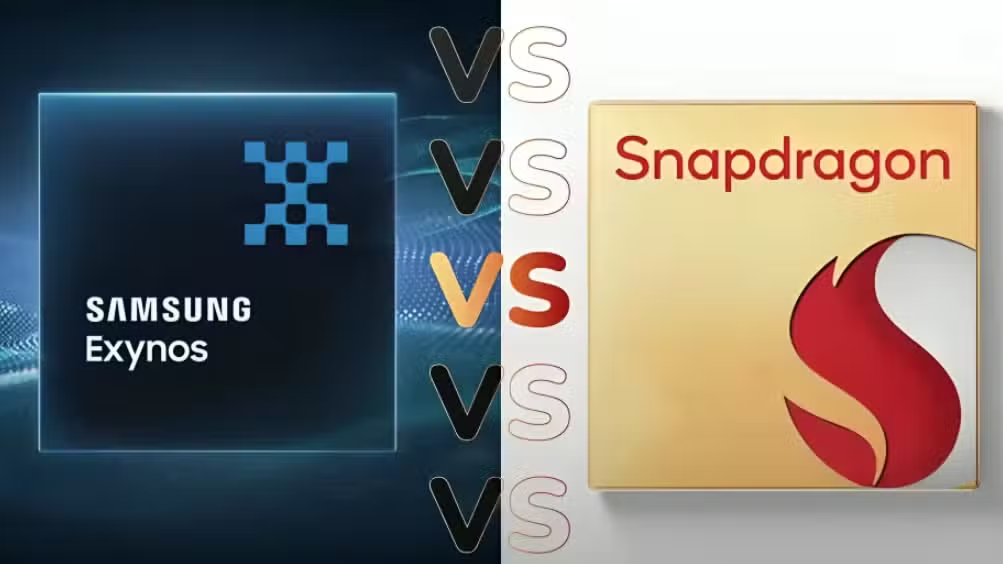Introduction
In a significant move to combat the spread of obscene and blasphemous content on social media, the Pakistan Telecommunication Authority (PTA) has taken decisive actions, including blocking over 113,000 accounts on TikTok. This initiative is part of a broader effort to ensure that digital platforms uphold community standards and remain safe for users in Pakistan. Recently, the PTA submitted a detailed report to the Peshawar High Court, outlining its ongoing efforts and the measures taken to address these pressing concerns.
Understanding the PTA’s Mandate
The Role of the Pakistan Telecommunication Authority
The PTA is tasked with regulating telecommunication services and managing content across various digital platforms. With the rapid growth of social media usage in Pakistan, the PTA has focused on monitoring content to protect the cultural and social values of the nation. The authority’s commitment to curbing inappropriate content stems from the potential risks it poses to societal harmony and public safety.
The Importance of Content Moderation
In a digital landscape where information is rapidly shared, content moderation has become a crucial aspect of maintaining the integrity of online platforms. The PTA’s actions aim to create a safe digital environment by addressing concerns over explicit content, hate speech, and blasphemy. By doing so, the authority seeks to prevent the spread of material that could incite violence or unrest within the community.
The Scope of Action Taken by PTA
Report Overview
The PTA’s report highlights extensive actions taken to monitor and mitigate the spread of obscene content on popular social media platforms, including TikTok, Facebook, Instagram, YouTube, and X (formerly Twitter). According to the report, since 2020, the PTA has documented over 114,015 uploads of explicit content on TikTok alone, leading to significant interventions.
Key Figures and Statistics
- Total Accounts Blocked on TikTok: 113,133
- Instances of Explicit Content Reported (TikTok): 114,015
- New Instances of Explicit Content in 2023: 25,267
- Accounts Blocked in 2023: 24,800
- Total Instances of Obscene Content Across Platforms (2020-2023): 1,389,181
- Links Blocked Across All Platforms: 1,303,578
These figures underscore the PTA’s proactive approach to managing content that violates community standards and reflects its commitment to ensuring a respectful digital environment.
Blasphemy and Content Sensitivity
Addressing Blasphemous Content
Blasphemous content is a highly sensitive issue in Pakistan, often leading to significant social unrest. The PTA’s report indicates that the authority has identified and blocked 2,463 posts containing material deemed blasphemous. Recognizing the gravity of this issue, the PTA collaborates closely with social media companies to promptly flag and remove such content, emphasizing the need for a responsible approach to digital communication.
Challenges in Content Moderation
Despite the PTA’s efforts, the challenges of monitoring content on social media are substantial. The sheer volume of posts and uploads makes it difficult to detect every instance of inappropriate material. To combat this, the PTA has adopted a multi-faceted strategy, involving both automated systems and human oversight to enhance its content moderation capabilities.
Collaboration with Social Media Platforms
Strengthening Partnerships
To effectively manage content, the PTA is continuously engaging with social media companies. This collaboration is vital for streamlining the reporting process and ensuring that violations of local standards are addressed swiftly. The PTA communicates regularly with these platforms, advocating for enhanced tools and processes to aid in the identification and removal of inappropriate content.
Enhancements in Reporting Mechanisms
The PTA has sought to improve the reporting mechanisms on social media platforms, allowing users to easily flag content that violates community standards. By simplifying this process, the PTA hopes to encourage more users to participate in content moderation, further contributing to a safer online environment.
The Broader Impact of PTA’s Actions
Social and Cultural Implications
The PTA’s commitment to regulating online content reflects a broader intention to align digital practices with Pakistan’s cultural and social values. While some advocate for more liberal content guidelines consistent with global standards, the PTA prioritizes protecting societal norms and maintaining order within the digital landscape.
Legal Framework and Content Regulation
The PTA operates within a legal framework designed to govern telecommunications and digital content in Pakistan. Its actions are guided by regulations that consider the unique cultural context of the country. The Peshawar High Court acknowledged the PTA’s report and has provided additional guidance on maintaining these standards, ensuring that the authority adapts to the evolving challenges presented by social media.
ALSO READ:
https://flarenews.pk/2024/11/03/government-proposes-amendments-to-state-bank-of-pakistan-act/
Future Directions for Content Moderation in Pakistan
Ongoing Challenges
As social media continues to evolve, so too will the challenges associated with content moderation. The PTA must remain vigilant in its efforts to adapt to new platforms and technologies that emerge. This includes staying informed about trends in digital communication and the types of content that may require increased scrutiny.
Embracing Technology and Innovation
To enhance its effectiveness, the PTA can leverage technology, such as artificial intelligence and machine learning, to improve its monitoring capabilities. These tools can assist in identifying patterns of inappropriate behavior and automating aspects of content moderation, making the process more efficient.
Engaging the Public
Public awareness and education are crucial in the fight against inappropriate content. The PTA should consider initiatives aimed at informing users about responsible digital behavior and the importance of reporting harmful content. By fostering a culture of accountability and vigilance among users, the PTA can strengthen its efforts to maintain a safe online environment.
FAQs About PTA’s Actions and Content Moderation
1. What prompted the PTA to block over 113,000 TikTok accounts?
The PTA took this action to address concerns regarding obscene and blasphemous content shared on the platform, ensuring a safer digital environment for users in Pakistan.
2. How does the PTA identify inappropriate content?
The PTA monitors social media platforms for explicit content and relies on both automated systems and user reports to flag and remove violations of community standards.
3. What types of content are most frequently flagged?
Content that is deemed obscene or blasphemous is most frequently flagged, with significant efforts directed toward removing posts that could incite social unrest.
4. How does the PTA collaborate with social media companies?
The PTA works closely with social media platforms to improve reporting mechanisms and ensure swift action against inappropriate content. This includes regular communication and collaboration on content moderation strategies.
5. What are the potential impacts of the PTA’s actions on social media usage in Pakistan?
The PTA’s actions may lead to stricter content regulations, which could impact the way users interact with social media. While aimed at enhancing safety, it may also result in debates about freedom of expression and the balance between regulation and open communication.
Conclusion
The PTA’s efforts to block over 113,000 TikTok accounts highlight a significant commitment to maintaining community standards and ensuring responsible usage of social media in Pakistan. As the digital landscape continues to evolve, the PTA’s actions reflect the challenges of balancing cultural values with the realities of modern communication. Through ongoing collaboration with social media companies and engagement with the public, the PTA aims to create a safer online environment that aligns with the social fabric of Pakistan.
MUST READ:



